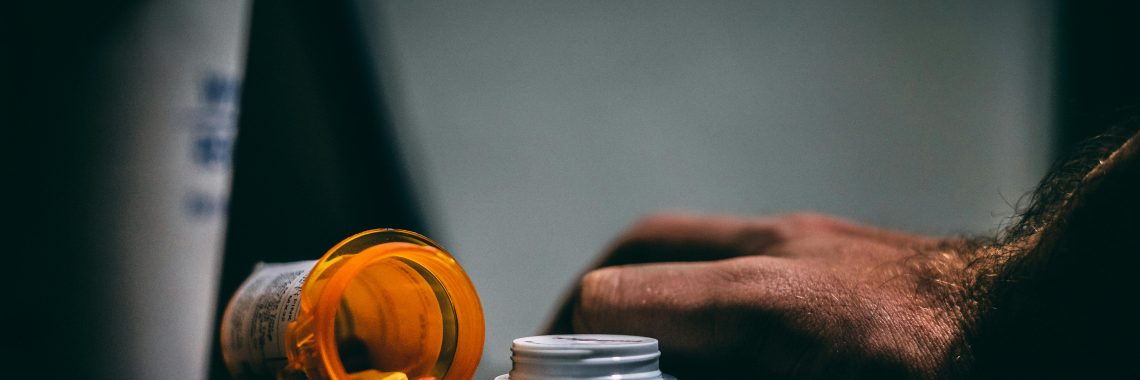Church Ambassador Network Organizes Meeting with State Treasurer, Ministers

On Tuesday the Church Ambassador Network of Arkansas organized a meeting between elected leaders and ministers.
The Church Ambassador Network is a nonpartisan initiative of Family Council designed to build relationships between ministry leaders and community leaders. Our goal is for elected officials to see churches as a resource that can address many of the problems that communities face.
On Tuesday, ministers from Antioch Community Church in Little Rock were able to meet with Treasurer John Thurston and with state senators.
In a statement posted on Facebook, Treasurer Thurston wrote:
Many Americans do not fully appreciate how much churches do for their communities. Nationwide, researchers estimate that churches, ministries, and religious charities provide hundreds of billions of dollars worth of services every year.
Our Arkansas Church Ambassador Network currently has about 400 churches in it. In the coming months, we want to help elected officials and churches work together to address issues like foster care, fatherless homes, addiction, and human trafficking in Arkansas.
If you help lead a church or similar ministry in Arkansas, we would invite you to join the Church Ambassador Network for free today.
Articles appearing on this website are written with the aid of Family Council’s researchers and writers.





